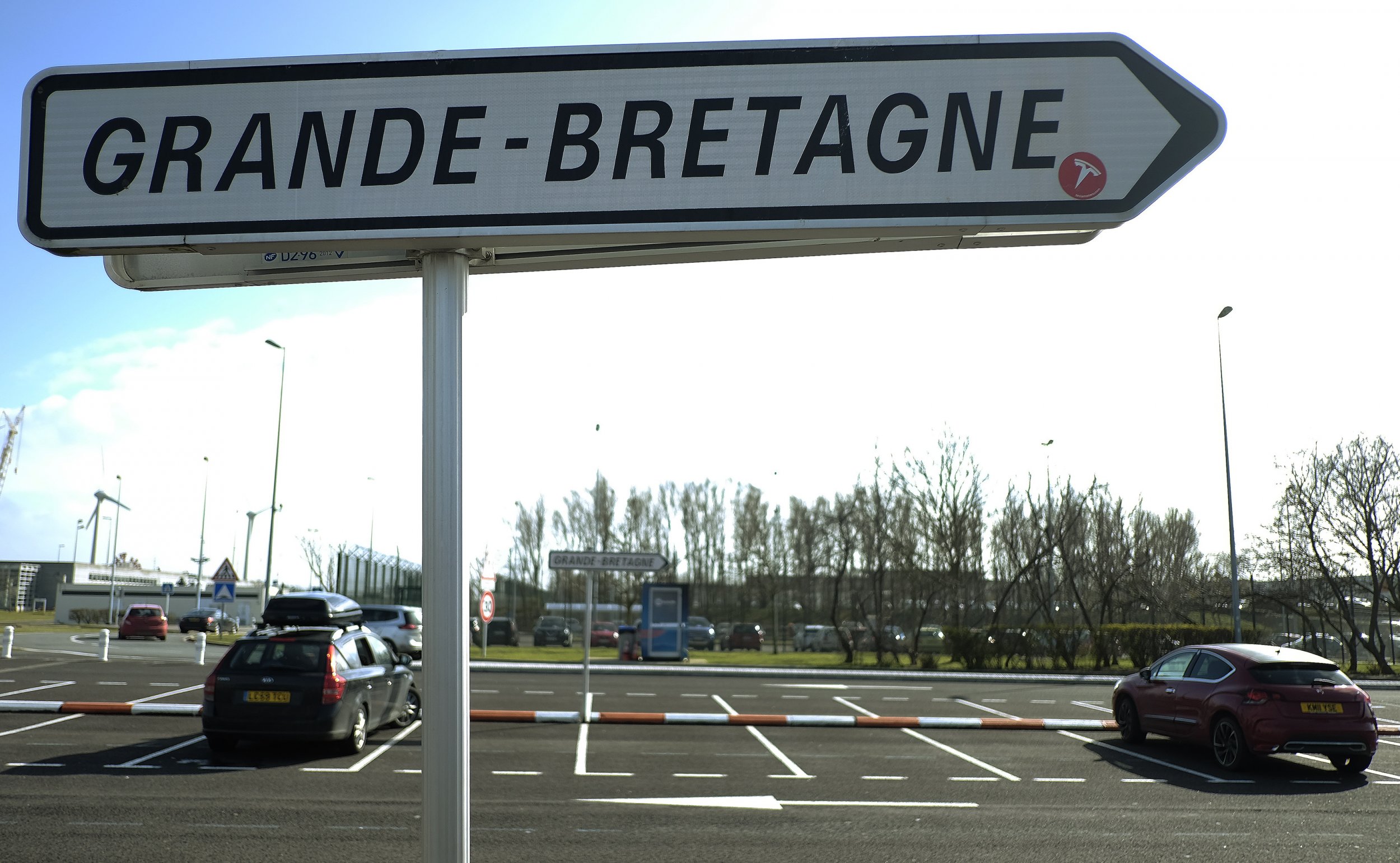
With 44 days left until the U.K.'s referendum on EU membership, the battle for the hearts and minds of British voters is intensifying. The OECD, the IMF, President Barack Obama and, most recently, Japanese Prime Minister Shinzo Abe have all added their support to the "Remain" campaign.
Yet despite these international endorsements, opinion remains evenly divided within Britain. In the latest poll of polls on May 3, the contest was a dead heat, with Remain and Leave tied at 50 percent of the intended vote share.
The Leave campaign's call to voters to "take back control" from Brussels is powerful. It has been the centrepiece of their campaign since the outset. On February 20, minutes after David Cameron announced the June 23 date for the referendum, six of his Tory MPs gathered behind a banner bearing that slogan and announced that, "above all, [this] is a campaign to restore the sovereignty of our nation."
The idea of restoring sovereignty appeals to British sensibilities. It speaks to the independent spirit of a small island on the edge of Europe. It speaks to British voters' pride in their history, their democracy, their ability to govern themselves (and in days gone by, much of the world) without interference from foreign powers. It is also greatly overstated—and fundamentally misguided.
Leave campaigners claim that leaving the EU would allow Britain to regain control of its spending, its national policies and its borders. Let us take these in turn. First, spending. The oft-repeated claim is that the U.K. spends £350 million ($505 million) every week on its membership of the European Union—money that could be much better spent on British priorities. This figure chooses to ignore the rebate and direct investments the U.K. receives from Brussels. But it also ignores the context.
In the 2014/15 financial year, the U.K.'s net contribution to the EU budget was a hefty-sounding £8.8 billion ($12.7 billion). But this was just 1.2 percent of total public expenditure that year. Even if one adds back those elements spent in the UK but decided in Brussels, such as agricultural subsidies, the British parliament still decides how to deploy more than 98 per cent of public spending. There is very little control to be regained when it comes to the UK's finances.
Next, national policies. Much is made of the supremacy of EU law over U.K. law. But, apart from immigration from the EU, the British government determines the vast majority of policy over the issues of greatest concern to British voters—either because the EU has no right to act or because decisions are taken by unanimity. These areas include healthcare provision and the National Health Service; income, capital gains and corporation tax; education; pensions, welfare and other benefits; border control; and defence and foreign policy.
Even on immigration, the picture is more mixed than the "Vote leave, take control" slogan would suggest. As a member of the EU, Britain does have to accept the free movement of workers from other EU countries. This is a genuine trade-off, which the British public must balance against the benefits of EU membership. But free movement of labor is also a net economic positive for the U.K. economy and a valuable right for British citizens who wish to take up employment in other EU countries.
Nor is there a guarantee that leaving the EU would have a significant impact on migration figures. Firstly, migration from outside the EU, which accounts for about half the total, would continue unaffected. And the government's continuing struggle—due to family ties, labour market demands and education visas—to reduce the number of non-EU migrants illustrates the challenge it would face in trying to apply the same constraints to EU immigration post-Brexit. Britain might also have to agree to accept some number in return for continued preferential access to the EU single market.
The sovereignty argument for Brexit has thus been greatly overstated. But it is also fundamentally misguided. Preserving absolute sovereignty is worthless if it reduces the prosperity and security of British citizens. The important thing is the government's ability to achieve outcomes in the interests of the British people—and, in a world that is more interdependent today than it was when the U.K. joined the European Economic Community in 1973, that is unquestionably enhanced by membership of the European Union.
The British economy has prospered in the EU. The U.K. boasts higher economic growth and lower unemployment than most major developed economies. It attracts the most FDI in the EU. British economic weaknesses, such as low growth in productivity, are primarily the result of U.K. policy failings in areas such as education, infrastructure investment and planning laws.
At the same time, creating the EU single market and co-ordinating EU sanctions to constrain Iran's nuclear programme and confront a resurgent Russia are important national objectives that Britain could not have achieved alone. Achieving these objectives involves pooling sovereign power over market regulations and trade policy but this brings benefits of economic predictability and transparency while allowing the EU to use the clout of its 500 million person market to improve each member's economic prospects and security. In future, Britain will benefit from being involved in the design of more effective EU policies to tackle energy security, internet governance and international terrorism.
The sovereignty argument for Brexit is a myth. As a member of the EU, Britain maintains its sovereign power in areas of critical importance to its citizens. But, by pooling certain aspects of its 'absolute' sovereignty, Britain's 'effective' sovereignty—its ability to control the forces that shape the fortunes of its citizens—is strengthened, not diminished.
Robin Niblett is Director of Chatham House, The Royal Institute of International Affairs.
Uncommon Knowledge
Newsweek is committed to challenging conventional wisdom and finding connections in the search for common ground.
Newsweek is committed to challenging conventional wisdom and finding connections in the search for common ground.
About the writer
To read how Newsweek uses AI as a newsroom tool, Click here.








